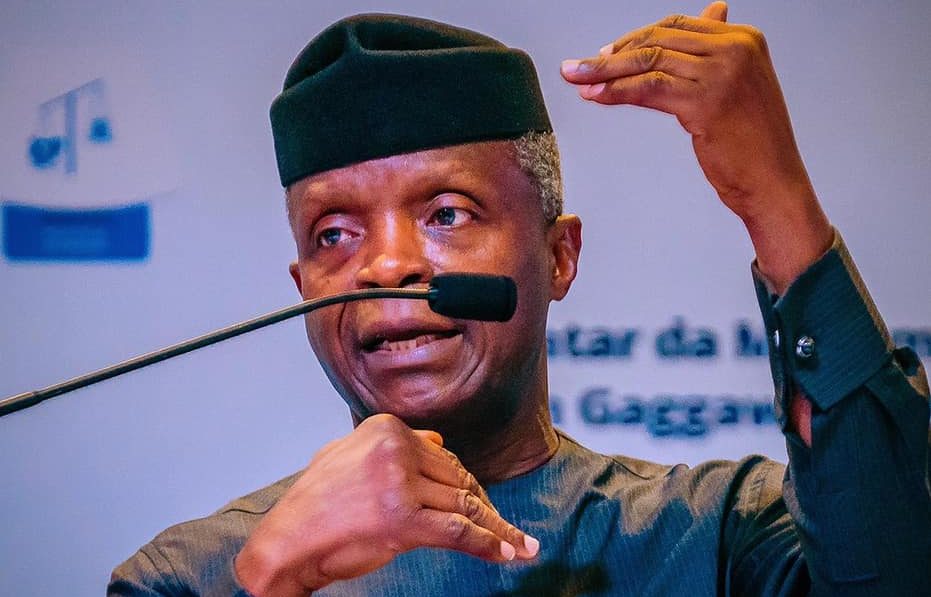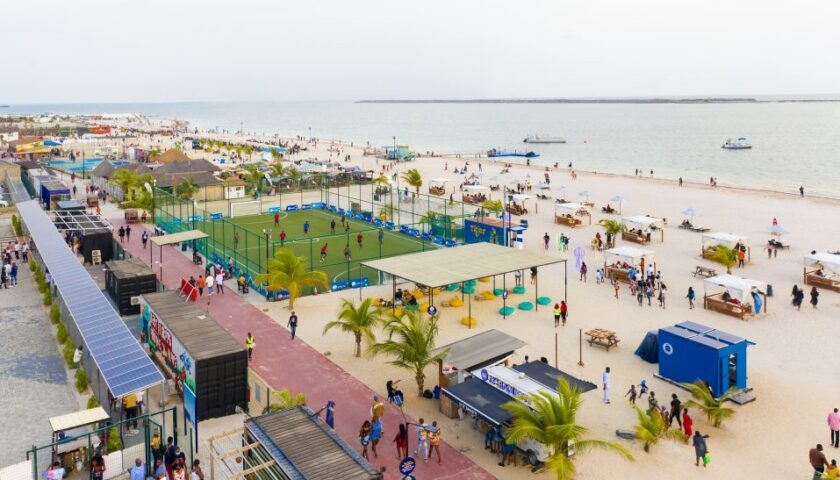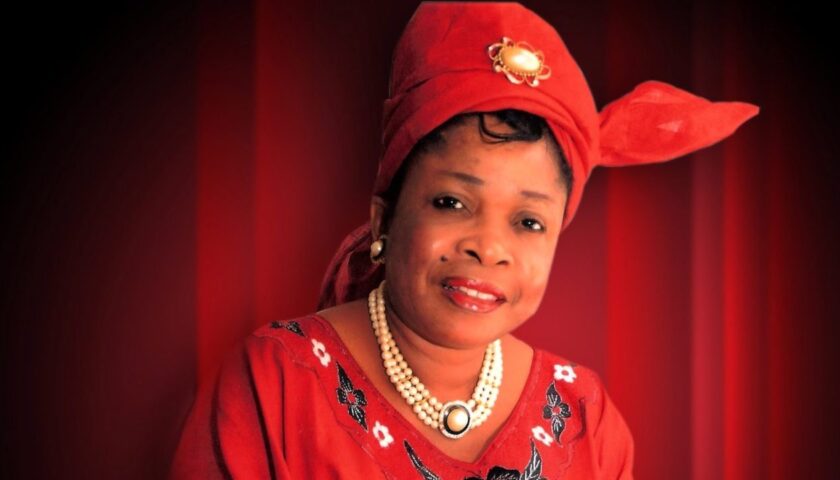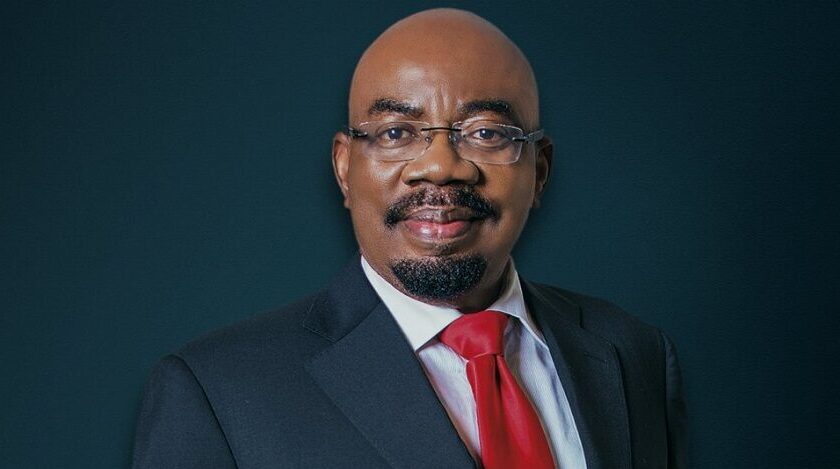Nigeria’s Vice President Yemi Osinbajo SAN, yesterday, said he was worried about judicial interventions in election matters, concurring with rising calls for interrogation of the role of the judiciary, especially, the Supreme Court, in electoral issues, specifically, whether it has not been exceeding its remits.
This is coming as a surprise to critics of Buhari/Osinbajo government who have been querying judicial rascality over election matters in the countries, some of which have embarrassed Nigeria before the global community with the Federal Government keeping quiet. A case in hand is the Hon. Emeka Ihadioha vs Hope Uzodimma in Imo State where the Supreme Court gave a judgement that will forever hunt the judiciary in Nigeria.
However, with the brouhaha that followed that bizarre judgement in Imo State by the Supreme Court, the government of President Muhammadu Buhari kept mum including Prof. Osinbajo who is not just a former professor of law at the University of Lagos (UNILAG) but a Senior Advocate of Nigeria.
But Prof. Osinbajo has finally decided to open up when he spoke at the 53rd Conference of the National Association of Law Teachers, held at Bayero University, Kano (BUK). The conference had the theme, “Law, Democracy and the Electoral Process.”
He said legal interpretation must always bow to the wish of the people, citing what he viewed as the unfortunate outcome of the 2019 elections in Zamfara State. Osinbajo visited the family of the five-year-old Hanifa Abubakar, who was killed by proprietor of Nobel Kids Academy, Kwanar Dakata, Nasarawa Local Government Area of the state, Abdulmalik Tanko. He condoled with the family and prayed God to give them the courage to bear the painful passing of their daughter.
Delivering his lecture at the conference, Osinbajo insisted that appropriate interpretation of the law should always bow to the will of the electorate, because the idea of democracy was for the people to determine their leaders.
Citing the 2019 elections in Zamfara State, he said, “The decision of the Supreme Court in the case of APC and Marafa, and that is a case, where the Supreme Court nullified the elections of all candidates of the APC and gave judgement in favour of the party, who were resoundingly defeated in the same election.
“In that election in 2019, the trouble at the Supreme Court game was that the APC primaries that produced candidates that were voted for were invalid.
“And without recourse to the elections that had in the polls rejected all the other candidates in the other political parties, the Supreme Court declared candidates of parties other than the APC as winners of the various offices that were contested, as winners in that February 23rd and March 15 general election.
“The court held that the APC votes cast by the Zamfara State electorate to select their preferred candidate to governor, senators, members of the House of Representatives, members of the House of Assembly were all, and I quote, ‘wasted votes’. Why? Because according to the court, APC did not conduct any valid primary elections and as such, had no candidates for any elections in the state.
“So, here is a situation, where the party that lost every seat, from governorship to House of Assembly, was given all those seats on judicial pronouncements. For the voter, this decision must have at best been puzzling.
“First, the voter had no idea that the candidates of their preferred party were disqualified before voting. Indeed, at least, one court had declared the primaries valid and it was on that basis that INEC gave the go-ahead to the candidates to contest.
“Secondly, rather than giving seats to those that the electorate have rejected, ordering a rerun would probably have yielded a fairer result in the opinion of many of those, who went to the polls on that day. And I agree with my brother A.B Mahmoud SAN, that there is a real issue of whether the courts have not assumed a larger duty in election cases than was constitutionally intended.”
The vice president, who maintained that the judiciary remained the pillar of democracy, said, “In other words, are our courts going beyond constitutional expectations in election cases? And it is important to emphasise this, because the whole idea of democracy is that the people determine who their leaders will be, the law, electoral processes – everything must bow to the will of the people.”
Recalling his teaching experience at the University of Lagos in 1981 as Lecturer II, with a salary of N620, Osinbajo, who is believed to be nursing presidential ambition, reiterated, “The appropriate interpretation must always bow to the will of the people. I am certain that these views will add to the deliberations at the conference.”





